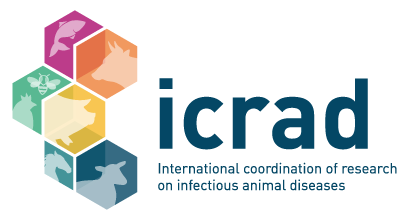Project details
Acronym: AdapTB
Researcher: Dr. Sharon Kendall
Countries: United Kingdom, Ireland, France, Argentina
Website: adaptb.wordpress.com

Project Summary
Bovine tuberculosis (bTB) represents a threat to the agricultural industry. It is caused by bacteria belonging to a complex of genetically
similar lineages known as the Mycobacterium tuberculosis complex (MTBC). The canonical animal-adapted species, Mycobacterium
bovis (Mb), is the main causative agent of bTB in Europe and the UK and is a multi-host pathogen capable of infecting wild-life reservoirs
and humans. Eradication programmes based on abattoir surveillance and mandatory test and slaughter of reactor cattle have failed to
eradicate bTB resulting in an increased financial, zoonotic and ecosystem risk. There is a heterogeneity in the hosts immune response to
infection with Mb and this directly influences the risk of transmission from infected cattle. In the best-case scenario, the pathogen is cleared
by the host innate immune system. Escape from innate immune clearance and the engagement of the adaptive immune response results in
a granuloma, a key element in both onward transmission as well as a mechanism by which the host attempts to control pathogen
replication. In AdapTB we will identify the underlying mechanisms by which Mb interacts with the host to drive pathology and, ultimately
transmission.
